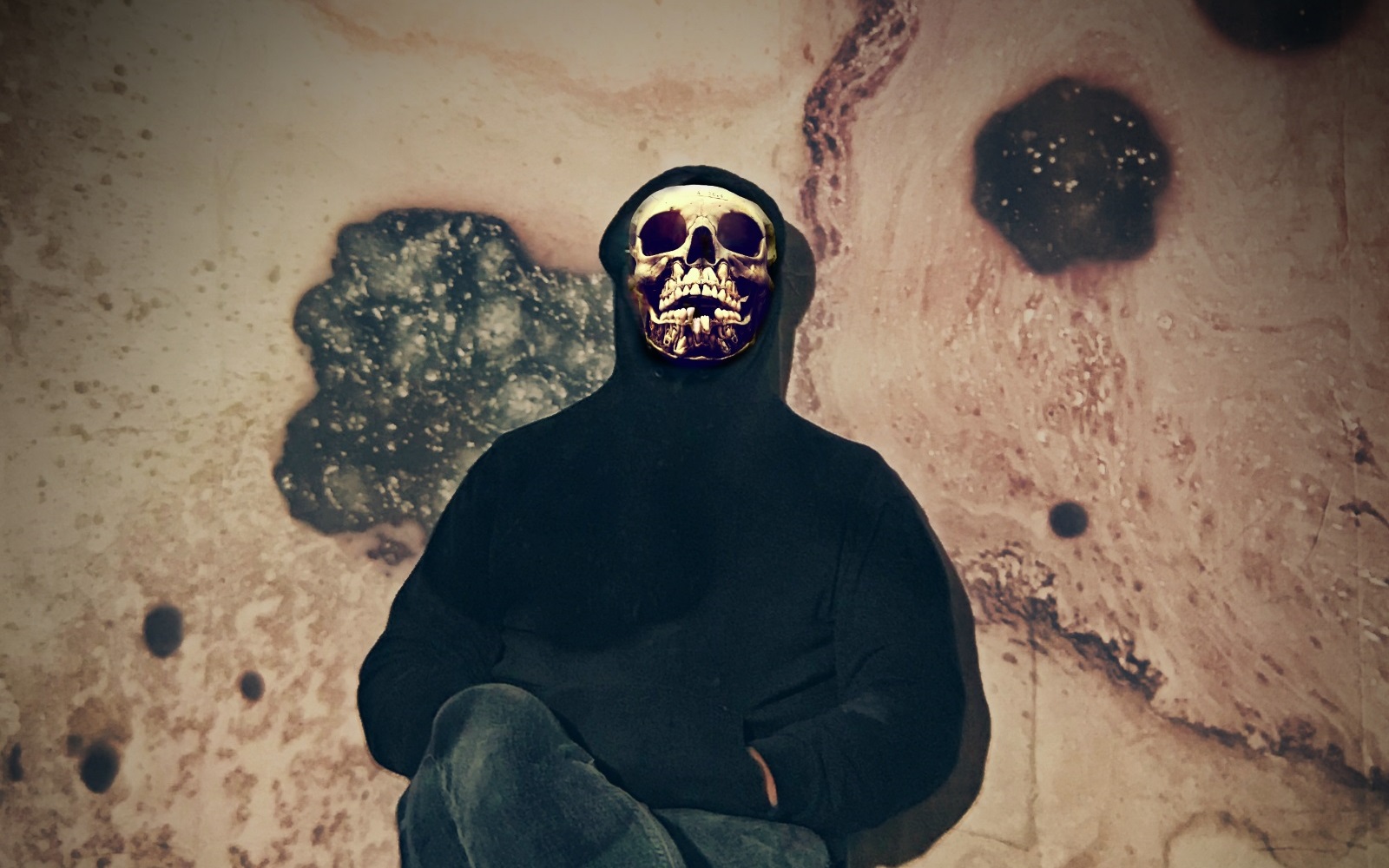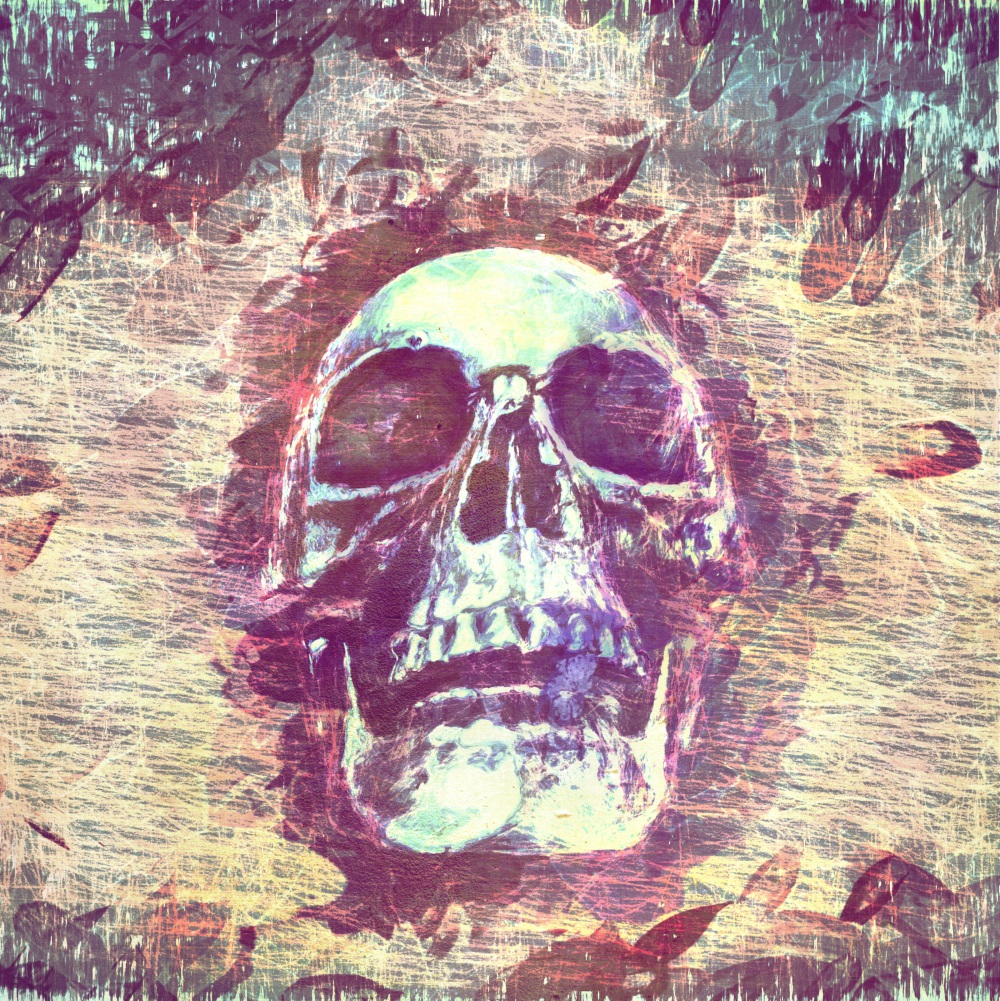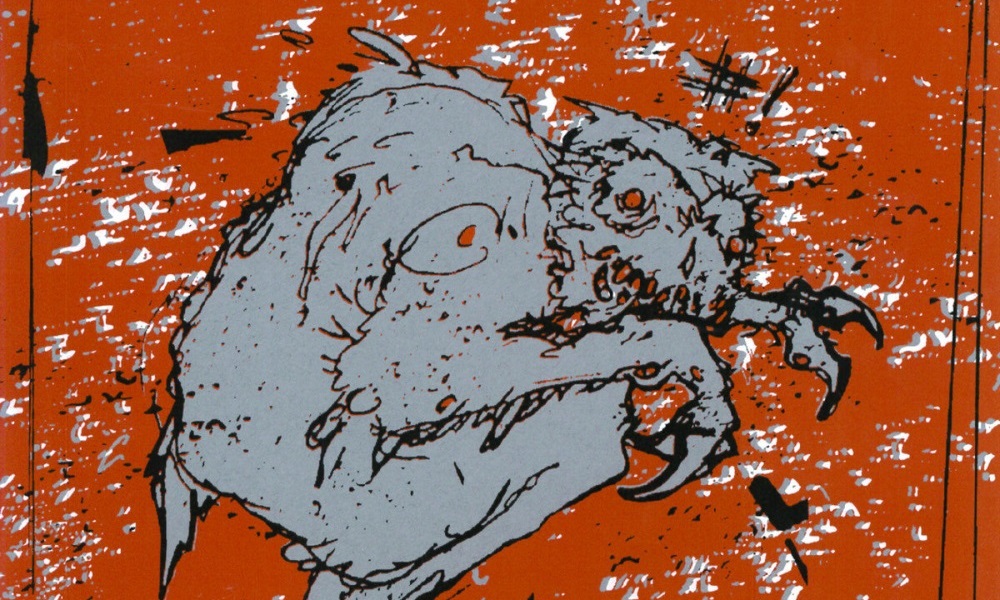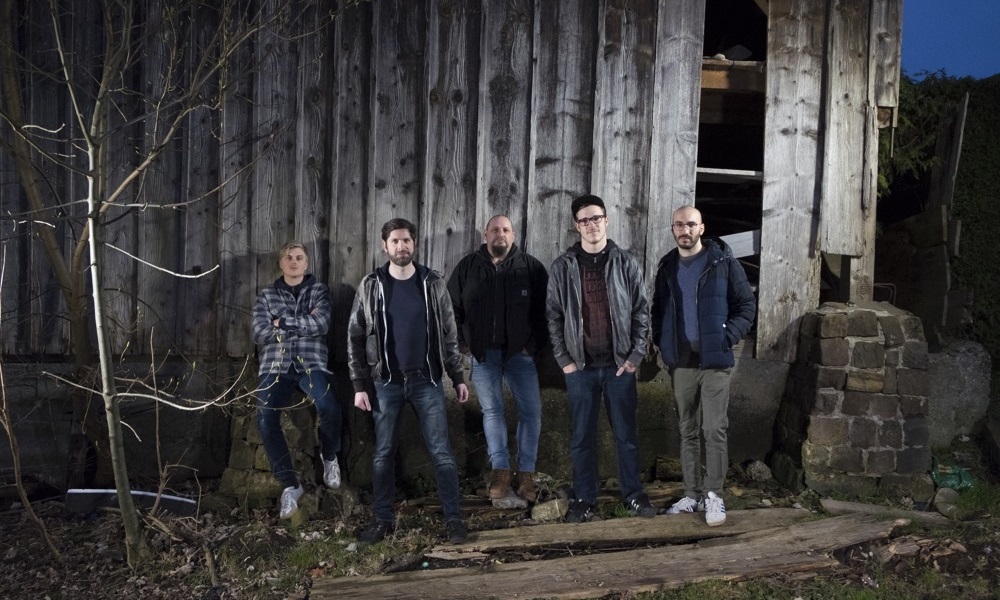After suffering a traumatic brain injury in 2016, Indiana based experimental artist Sean Edward Armie began working on his special document that chronicles his recovery, identifies and redirects his mixed emotions and anxiety into understanding and performing his mindblowing experimental music. Aptly naming his work “a journey through the viaducts of the brain”, Sean (aka EULOGY) has recently released his debut album, Into the Heart of Light, and we have the pleasure of bringing you some more first-hand details on this amazing work.
IDIOTEQ has always been into the experimental, drawn to the bizarre and sonic examination that makes most people uncomfortable. Exploring why things that are harsh, heavy and almost frightening are capable of bringing people pleasure and mental restoration, delivers a one hell of a journey. The varied and unexpected nature of “Into the Heart of Light” and the exploratory it possesses is part of what constitutes its beauty, and I couldn’t simply pass by the opportunity to ask Sean about some more details on this project and each and every track from this personal opus. Here’s what he had to say:
Into the Heart of Light loosely chronicles my recovery from a traumatic brain injury that I suffered in the summer of 2016 while hiking in the mountains of West Virginia. It’s an exploration of the different facets of recovery, which I tried to reflect in the music: at various points it’s beautiful and serene, hazy and disjointed, and ugly and chaotic. Below, I’ve offered some background information and interesting bits on the recording process for this record and explore a little bit of the meaning of each track.
Fall — The record opens with a sample of T.S. Eliot reciting “Do you remember nothing?” I’d found myself inexplicably drawn to The Wasteland as I was writing and recording and I felt that many of the poem’s lines perfectly captured the experience I was trying to convey. I wanted this track to feel the like the opening of a film and I took a lot of cues (especially on the vocals) from those fantastic Spaghetti Western film scores by Ennio Morricone. My brother-in-law, Chris Wood (who performs as matte_screen and is a founding member of the performance art collective mocrep) helped me write this track and performs throughout the record. His synthwork is just incredible.
The Solipsist — This song is about those few blissful moments I experienced immediately after the injury—out of my mind and no frame of reference for, and unable to care about, anything—and then the hard crash of reality and that feeling of the outside world intruding on your fortress of illusions. Musically, it’s a blueprint for the whole record: loud/soft, no two instruments playing the exact same thing. My goal was to write songs where each part is so crucial that the removal of any one ingredient would radically reshape the song.
The Fire Sermon, Part I — This track (along with Part II) constitutes the heart of the record. The Fire Sermon is a discourse from the Pali Canon (scriptures in Theravada Buddhism) and in it, the Buddha preaches about freedom from suffering through detachment from the mind and the five senses. “Bhikkhus, all is burning. And what is the all that is burning? The eye is burning, forms are burning, eye-consciousness is burning, eye-contact is burning, also whatever is felt as pleasant or painful or neither-painful-nor-pleasant that arises with eye-contact for its indispensable condition…” The first half of the song dives headfirst into that pain, while the second marks a reprieve, a return to disorientation—but it’s a hollow reprieve, a false detachment of the senses.
The Fire Sermon, Part II — Picking up where Part I left off, this song features my best friend, who was with me during the accident and drove me to the hospital, doing a spoken-word monologue. We talked on the phone one night and I recorded him going on a beautiful, drunken rant on how brain plasticity works (he’s getting his PhD in cognitive science). I then manipulated the monologue, as if I were rewinding and fast-forwarding through it in my head. The song ends with a plea (or fantasy) of realizing the promise of the Fire Sermon, but ultimately falling short.
Into the Heart of Light – This was the last song I recorded. However, it was the first thing I wrote on the guitar after coming home from the hospital. I intentionally set the gate threshold too high on the guitars so that they would cut out early. There’s a sense of lingering, an incompleteness, a lack of resolution that is picked up by the final track.
Burning – This song closes with T.S. Eliot reciting the verse from The Wasteland from which the album’s title was derived. Somewhat ironically, this is the first song I wrote for the record. In its beginning stages, my intention was to write a death metal song but, unable to help myself, it morphed into a psychedelic/postrock song as I got towards the end. I see it as more of a medley than a song per se—a summary of everything I was trying to accomplish with the record. The last lyrics on the record are the words “disfigured, glorious.” I wrote these words down while I was still in the throes of recovery and they’re a plea for self-acceptance. Everything is different, I am irreparably changed, but I must carry on. There’s no other option.











